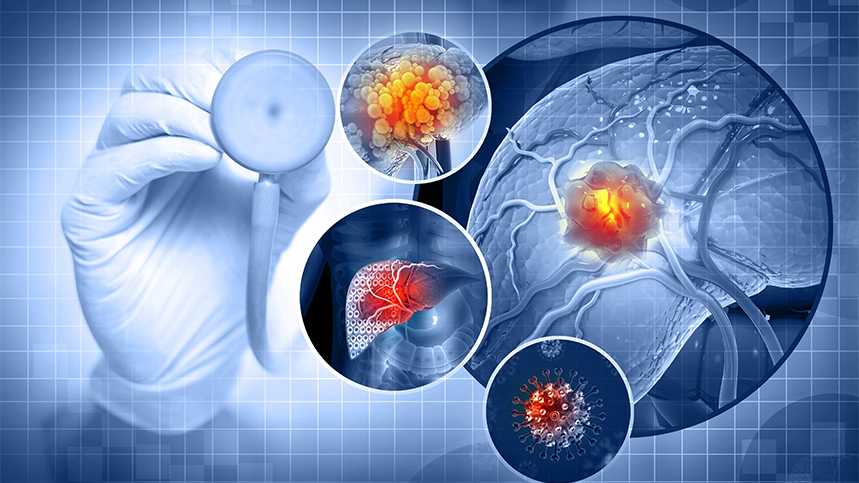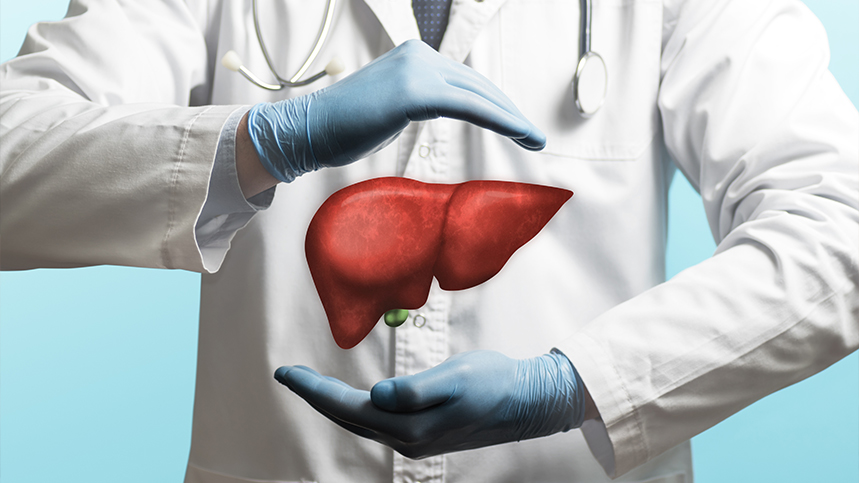

Heart attack is one of the most common causes of death among men worldwide. The chances of survival can be greatly increased by being aware of the symptoms and acting quickly. Heart attack symptoms in men can be broadly classified into two categories- typical symptoms and atypical symptoms. However, depending on factors such as age, weight, a family history of heart disease, and lifestyle factors, the symptoms may vary. While recognizing these symptoms is important, understanding the diagnostic tests available is also crucial for accurate diagnosis.
Heart attack
Myocardial infarction, another name for a heart attack, occurs when a portion of your heart muscle experiences an abrupt blockage or inadequate supply in the blood flow that carries oxygen to heart. Heart muscle will start to die or degenerate if blood flow is not immediately restored.
In many cases, heart attacks are caused by coronary artery disease. With age, lifestyle decisions, and other health conditions, the risk of having a heart attack may rise. These symptoms, together with shortness of breath, nausea, dizziness, discomfort in the upper torso and chest, and perspiration, are all indicators of a heart attack. Some of the symptoms of heart attack vary between men and women.
According to the World Health Organization (WHO), India is responsible for at least one-fifth of the 17.9 million deaths globally from cardiovascular disease, especially in younger people.
Symptoms of heart attack in men
Typical symptoms of heart attack in men are chest pain or discomfort, shortness of breath, sudden feeling of fullness, and palpitations. Many people may experience symptoms such as severe pain, tightness, or burning in the chest, which may radiate to the jaws, neck, or arms. Other symptoms such as indigestion, nausea, and vomiting are also seen in some of the patients. Few people may have symptoms including back or shoulder pain, dizziness, or cold chills. It is important to remember that not all symptoms will always manifest and that some people may experience symptoms without experiencing chest pain.
Crucial role of Diagnostic tests in prevention
If a person experience any of the above symptoms, it is important to seek medical help immediately. The first test that the doctors usually recommend is an electrocardiogram (ECG). An ECG measures the electrical activity of your heart and can detect any abnormalities in the heart rhythm. A blood test is also advised to measure the amount of cardiac enzymes that are released during a heart attack. Higher levels of cardiac enzymes can confirm a heart attack. A chest X-ray can also be done to check for lung congestion or fluid buildup in the chest.
An echocardiogram uses sound waves to create a picture of your heart's chambers, valves, and blood flow. This test can detect any abnormalities, such as heart valve damage, that may contribute to heart attack risk. The heart's chambers, valves, and blood flow can be visualized using sound waves during an echocardiogram. Any anomalies, such as damaged heart valves, that may increase the risk of a heart attack can be found using this test.
In severe cases, the doctor may also recommend cardiac catheterization. This test involves inserting a catheter into a blood vessel in your groin or arm and guiding it to your heart. A dye is then injected, making the arteries visible on X-rays. This test can help identify any blockages and can be used to treat them through procedures such as angioplasty or stenting.
In some cases, the doctors also recommend a stress test to determine the extent of heart damage. A stress test measures the heart's response to physical activity and can detect heart issues that may be missed during rest.
Recognition of Symptoms for Better Recovery
Recognizing heart attack symptoms is crucial for timely treatment and better prognosis.
While normal symptoms like chest pain or discomfort are common, unusual symptoms like indigestion or lightheadedness can also happen. To lessen the chance of serious cardiac damage, it is crucial to seek medical help immediately. Several diagnostic procedures can be used to confirm a heart attack and assess the degree of heart damage, including the electrocardiogram (ECG), blood tests, chest X-rays, stress testing, echocardiograms, and cardiac catheterization. The damage to the heart can be reduced and the likelihood of recovery increased with quick diagnosis and treatment.
Regular health checks are always important to avoid any sudden medical emergencies; get yourself tested today at AMPATH labs, to understand your risks of having a heart attack.
WANT TO BOOK HEALTH CHECKUP ?
Recent Blogs
Understanding Hepatocellular Carcinoma: Diagnosis and Staging
Hepatocellular carcinoma (HCC) is a type of liver cancer that usually affects individuals...
30-11-2023
Protecting Your Skin: Vital Tips for Sun Safety and Self-Examinations
Summer is here, and we all are ready to soak up some sunshine after long and dreary winter...
30-11-2023
Preventing Liver Cancer: The Role of Hepatitis Vaccination
Liver cancer is a deadly disease that affects millions of people worldwide. While there...
30-11-2023









